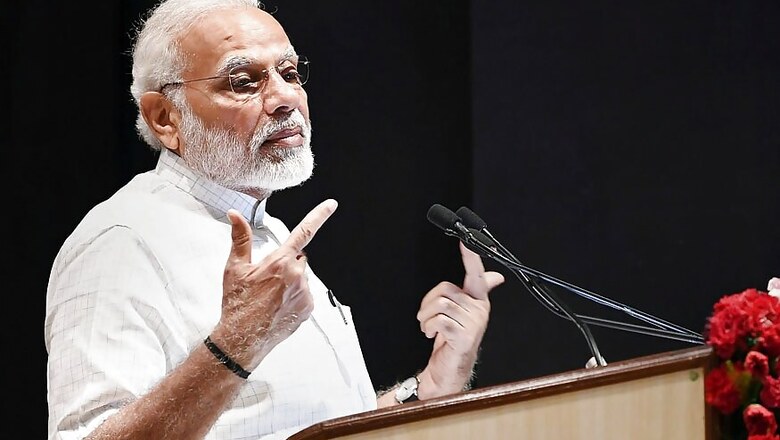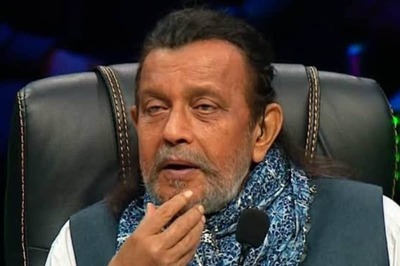
views
New Delhi: Prime Minister Narendra Modi’s flagship Ayushman Bharat universal healthcare scheme will be taken to the most backward districts of the country by IAS officers much younger than the ones normally entrusted with such heavy duty work.
These young newly appointed Assistant Secretaries from the 2016 batch have each been assigned one of the 115 aspirational districts. They have a tight deadline and a huge task ahead of them, fulfilling which might require skills normally seen in the world of corporate management.
And just like their corporate counterparts, these Assistant Secretaries will also need to make presentations about their work at the end of the three-month posting with the Centre.
In his speech at the Red Fort on Independence Day, Modi is expected to dedicate ‘Modicare’, believed to be the largest healthcare scheme in the world, to the nation. Before that, he wants all these aspirational districts to have fully functional hospitals, sources said.
“Apart from the ministries assigned to them, all Assistant Secretaries may also be involved in work relating to the aspirational districts programme. Each Assistant Secretary may be made particularly responsible for ensuring operationalisation of the wellness centres in the district allotted to them under the Ayushman Bharat National Health Protection Mission,” the government letter says.
The task required of these young IAS officers is a far cry from the notorious image their predecessors carried, that of a tardy and lazy bunch. Soon after taking oath in 2014, Modi had talked about how he had heard of empty offices in Delhi as Gujarat Chief Minister.
The rejuvenation of this cadre began in November 2015 when Modi met 169 IAS officers of the 2013 batch. These officers completed a three-month stint with the government of India as Assistant Secretaries. This was the first ever batch of IAS officers to begin their careers with a stint in the central government.
These officers, too, were assigned important desks related to policy and flagship programmes. They were groomed by principal mentors at the Secretary-level. Field work formed an important part of the formative years of their careers.
On September 16, 2016, during an interaction with the Assistant Secretaries, at least eight presentations were made on various themes of governance such as rapid response for accident victims, tracking individual carbon footprint, financial inclusion, improving rural incomes, data driven rural prosperity, heritage tourism, railway safety and central armed police forces.
In the third year of his tenure, Modi felt that something was missing. On July 3, 2017, he advised the 2015 batch officers to avoid getting into a mindset that “resists change” and to infuse India’s administrative system with the energy of ‘New India’.
On July 4 this month, Modi interacted with more than 170 officers who were appointed Assistant Secretaries in the government. PM asked them to become catalysts of change to ensure 100% implementation of Gram Swaraj Abhiyan and the Ayushman Bharat scheme.
PM Modi said he was surprised to see that over 80% of the District Collectors in 115 aspirational districts were 40+ who would have continuous apprehensions about their postings given family compulsions. He said things would start changing if young officers were appointed in these aspirational districts for five years.
In the last one year, he has interacted with secretaries of different ministries, met Joint Secretaries and director-level officers. The officers were called to PM’s official residence in batches of 100. The PM spoke only for five minutes these meetings, preferring to hear from the officers instead.
In one such meeting, a young officer reportedly asked the PM – how do you take tough decisions so quickly. Pat came the reply - if you have no hidden agenda, quick decisions can be taken.



















Comments
0 comment